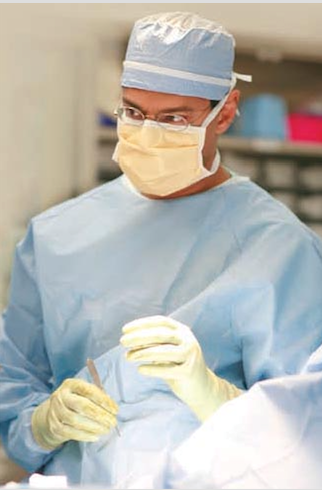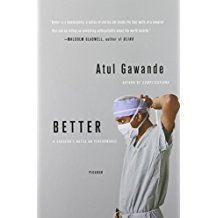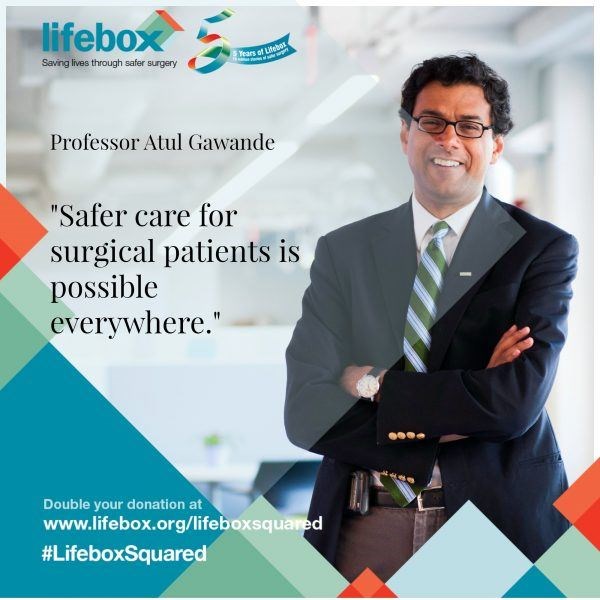"Real heroes strive for the imperishable trophies. Their rules and goals are different. They live and work in the world, but they embrace the eternal values of love, joy, peace, patience, kindness, goodness, faithfulness, humility, and self-control" (Harper, para 6). Heroes are essential to society. They don't desire material goods or popularity, but seek the kind of impact on people that changes their society for the better. That change is what they aspire towards accomplishing. A hero embodies someone who strives towards change in desperate times. He can be heroic on his own even if the situations are not in his favor. He could affect one human being or a million human beings; he would still be a hero. Some heroes use their one-time event to create a long-lasting effect on people. They are courageous, strong, inspirational, loving, kind, caring and valuable to society. A true hero is someone who portrays real compassion and determination to his/her job to help make the world a brighter place to live in.
 |
| Atul Gawande in an operating room. (https://www.balliol.ox.ac.uk/alumni-and-friends/fl (Atul Gawande)) |
My hero is compassionate and determined and shows these traits in his everyday life. He works as an endocrine surgeon at Brigham and Women's Hospital in Boston as well as a Professor at Harvard's School of Public Health and Harvard Medical School, and a director at Ariadne Labs. He has authored some of the key research in the movement toward a system that pays based on the quality of care provided. He obtained an undergraduate degree from Stanford University in 1987 as a Rhodes Scholar, and graduated from Harvard Medical School in 1995. He has written for the New York Times since 1998 as a staff writer. Compassion can be defined as sympathetic consciousness of others' distress together with a desire to alleviate it. Heroes must show compassion or empathy towards others who are suffering. When one personifies compassion, they show that they care for others, which is an important heroic quality. Determination can be described as the act of coming to a decision of fixing or settling a purpose, which indicates that one is serious about his passion. Determination is important for heroes because they show that they can accomplish anything through their resolve and willpower, inspiring others to be like them. Atul Gawande is a true hero because he establishes real compassion and determination through his work as an endocrine surgeon.
Atul Gawande's research in surgical safety and affordable healthcare shows that he is a compassionate man. Gale Biography describes some of Atul Gawande's credentials in depth: "He was also the executive director of Ariadne Labs, a research organization in the field of healthcare innovation, and the chairman of Lifebox, a nonprofit group working to improve the safety of surgery around the world" (Gale Biography in Context). Gawande's initiative for conducting so many researches stemmed from his constant devotion to helping people. He is compassionate about surgeons like himself which is why he founded Lifebox, an organization that improves the safety of surgery for surgeons across the globe. This may seem like a tiny step in saving lives, but it sets forth a long stride for surgery safety which can lead to saving several lives in the future. In an interview with Rich Daly, he describes his views on healthcare expenses, "He has authored some of the key research in the movement toward a system that pays based on the quality of care provided. In a conversation with him, Gawande shares his views on key ways to deliver higher quality care at lower cost as well as the increased focus on transparency of cost and quality information" (Daly). Gawande, unlike most surgeons, thinks about the cost of surgery and the effect it has on the remainder of a patient's life. He believes that the cost of surgeries can be lowered to an affordable amount which helps people who are unable to afford it. This will make a huge impact on future physicians and patients as they will have safer surgery procedures and cheaper costs.
 |
| Better: A Surgeon's Notes on Performance (2007) (https://www.amazon.com/Better-Surgeons-Performance-Atul-Gawande/dp/0312427654) |
Atul Gawande illustrates his determination through his accomplishments as an endocrine and general surgeon. In an interview with Rich Daly, Gawande describes how he wanted to become a better physician during his medical residency. "As a resident, I began writing about the puzzles of how to become better as a physician, about the learning curve, and about the experience of care. In my efforts to grow as a physician, I became very aware of how fundamentally important the healthcare delivery system is in determining a physician's effectiveness" (Daly). Although being a licensed surgeon is one of the greatest accomplishments one could possibly achieve in a lifetime, Gawande's mentality and determination didn't let him stop there. He decided to transfer his knowledge of surgery to young students aspiring to be like him, and his determination enabled him to teach surgery at Harvard University, which is arguably the most prestigious University in the world. In one of his books titled "Better: A Surgeon's Notes on Performance", Atul Gawande explains that being a doctor is all about doing your best with the hand you are dealt. He is trying to get an operating room for a breast cancer patient, Virginia Magboo. "I tried to make my case for Magboo. She had a breast cancer. It needed to be taken out. This had to happen sooner rather than later. The radioactive tracer, injected more than eight hours ago, was dissipating by the hour. Postponing her operation would mean she would have to undergo a second injection of a radioactive tracer- a doubling of her radiation exposure- just because an OR could not be found for her. That would be unconscionable, I said" (Gawande, 7). Gawande is determined to get his patient into the operating room because she would have to undergo harmful radiation exposure if she didn't get treatment soon. Also, he waited beside his patient for over eight hours, showing that he really cares and is determined to get her breast cancer out. In Harper Lee's To Kill A Mockingbird Atticus Finch says, "Simply because we were licked a hundred years before we started is no reason for us not to try to win" (Lee, 87), and it relates to this situation because he knew that the chances of getting an operating room are low but he goes through with it and tries his best.
 |
| Atul Gawande, founder of Lifebox ( http://www.lifebox.org/professor-atul-gawande-lifeboxsquared/) |
Atul Gawande is a true hero because he epitomizes compassion and determination as an endocrine surgeon. Atul Gawande's compassion for his patients and workmates inspired his research with Lifebox and Ariadne Labs. He saved multiple lives through his practice as an endocrine surgeon and other branches of surgery. He has written several books- Complications, Better, The Checklist Manifesto, and Being Mortal. "I learned that making the system work and being able to connect the dots for patients was as important as my surgical issues for which I had been interested in connecting the dots: what it's like to be a patient, what it's like to be a physician, and the larger forces in the system that deeply affect what happens at the front line" (Daly). Gawande shows that he is selfless and that he cares for his patients. He understands that he has problems as a surgeon but he treats his patients' problems with equal priority which is an admirable and inspirational thing to do. "Gawande published his first article in the New Yorker in 1998 and went on to join the magazine's writing staff. He was a finalist for the National Book Award in 2002, and he won a MacArthur Fellowship for his writing in 2006" (Gale Biography in Context). Being a writer was my ambition through middle school. However, when my interests pivoted towards medicine, I didn't think there would be any room for writing stories or articles for a news organization or otherwise. Dr. Gawande's determination is proof that both medicine and writing is possible. He inspires me to be a surgeon and an author. Charles Harper believes that heroes strive for the imperishable trophies. Atul Gawande's imperishable trophies include surgical safety, affordable healthcare, and high quality surgery. He is on course to achieving all three trophies and leaving a legacy behind for surgeons to follow.
Anshul Sinha
Mrs. Thompson
H.H.S.E 2: Period 5
17 May 2017
"Atul Gawande." Gale Biography in Context, Gale, 2014. Biography in Context,
link.galegroup.com/apps/doc/K1650009513/BIC1?u=powa9245&xid=e6a5bf59. Accessed 3 May
2017.
Daly, Rich. "Atul Gawande: Understanding the Forces Driving Healthcare Change." Hfm (Healthcare
Financial Management), vol. 68, no. 5, May 2014, pp. 56-60. EBSCOhost,
search.ebscohost.com/login.aspx?direct=true&db=hxh&AN=96241855&site=ehost-live.
Gawande, Atul. Better: a Surgeon's Notes on Performance. London, Profile, 2008.
Lee, Harper. To Kill a Mockingbird. New York, Harper Perennial Modern Classics, 2010.
Page created on 5/19/2017 12:00:00 AM
Last edited 5/19/2017 12:00:00 AM
